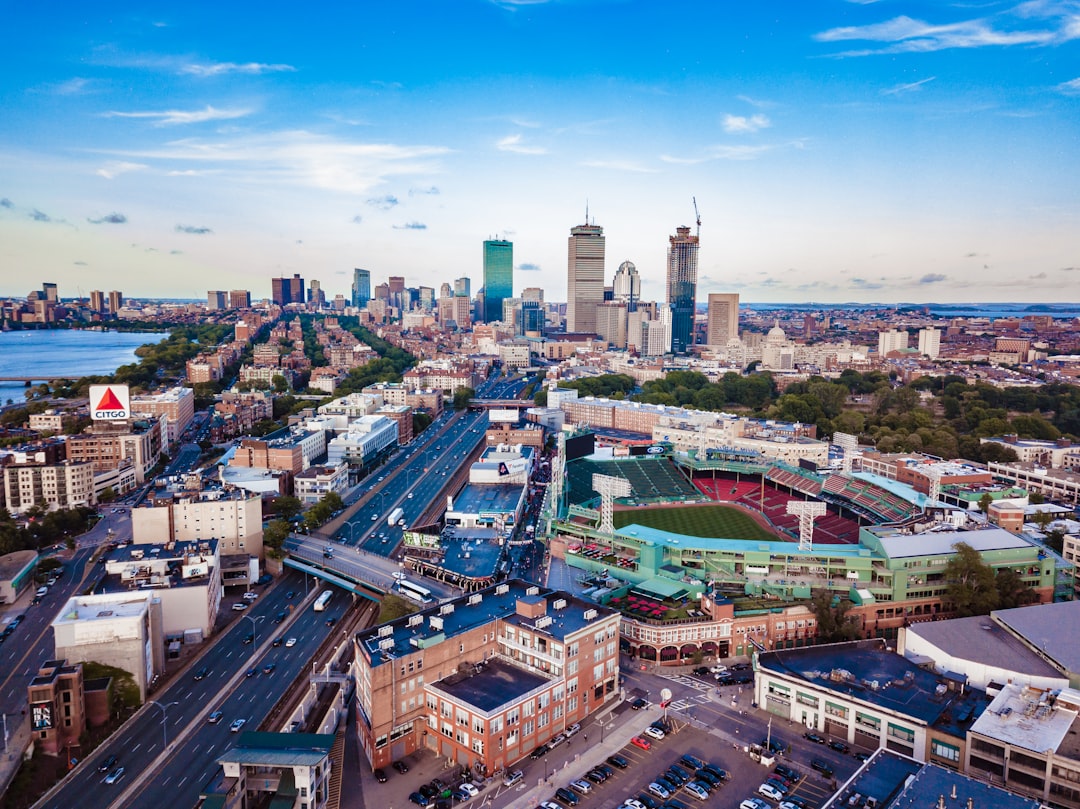The Boston Marathon is More than Just a Race
Training for the Boston Marathon: Lessons and More from Tim
I “sat down with” Tim Henry - a dad of two - who is running the Boston Marathon in April. You are really going to like this one!
MP: The Boston Marathon is the big goal this spring, right? How did it get on your radar as something you wanted to do?
TH: Boston is my big race this spring! This will be my third marathon (but only the second one I trained f…
Keep reading with a 7-day free trial
Subscribe to Talk Running To Me to keep reading this post and get 7 days of free access to the full post archives.


